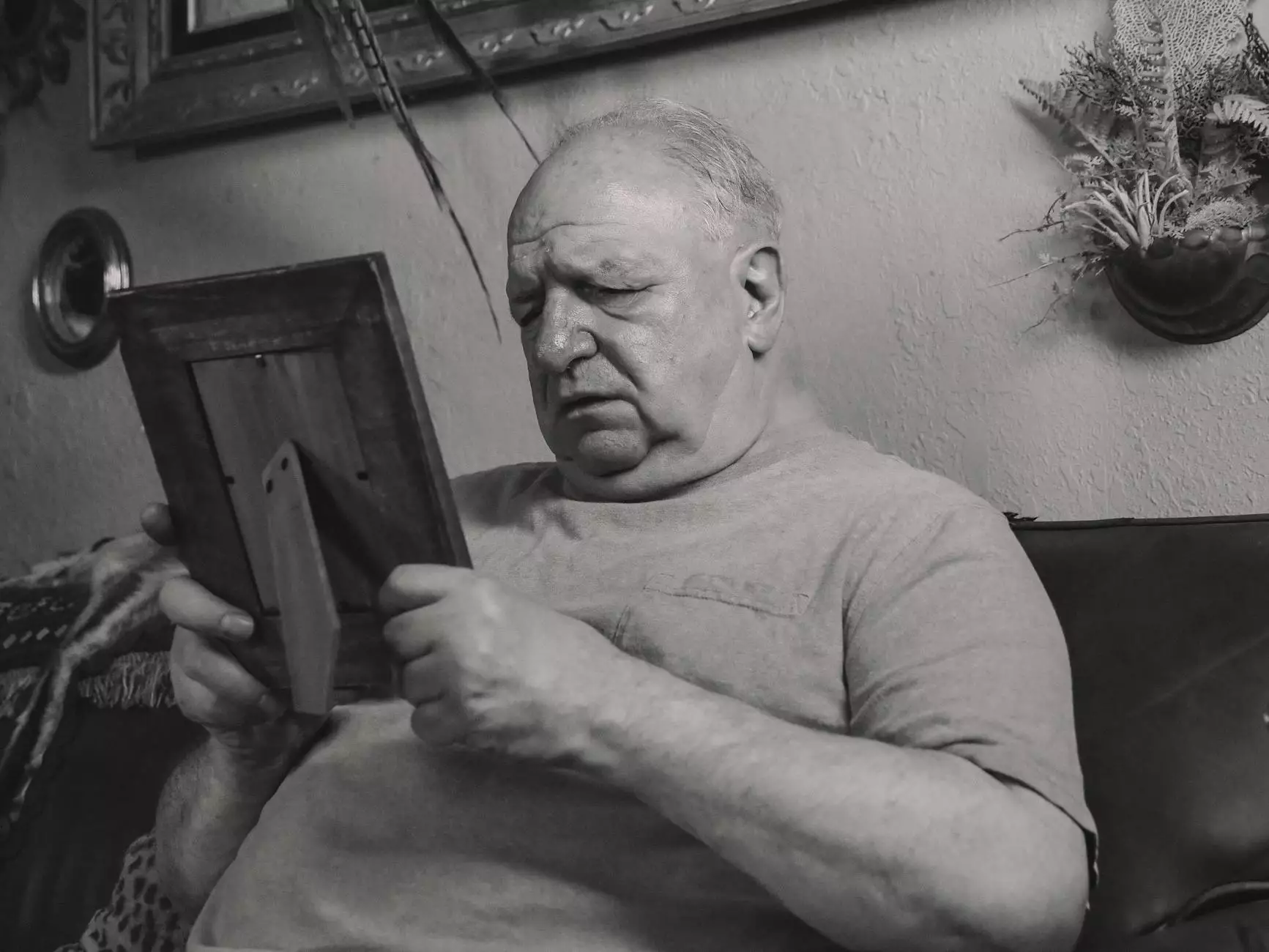Concussions Tied to Rise in Dementia Risk Decades Later
Orthopedic Surgery
Welcome to Bowling Orthopaedics, your trusted source of comprehensive information about concussions and their potential link to the increased risk of dementia.
The Connection Between Concussions and Dementia
Concussions, also known as mild traumatic brain injuries (mTBIs), can occur from various incidents such as sports-related injuries, falls, or automobile accidents. While the immediate impact of a concussion can be significant, emerging research suggests a potential long-term consequence that goes beyond the initial injury.
Studies indicate a link between concussions and an elevated risk of developing dementia later in life. The effects of these traumatic brain injuries may present themselves decades after the initial event, raising concerns about the long-term cognitive well-being of individuals who have experienced concussions.
Understanding the Risk Factors
Although concussions can affect people of all ages, certain factors increase the likelihood of an individual experiencing cognitive impairment or dementia-related symptoms years after the initial concussion:
- Prolonged unconsciousness following the injury
- Multiple concussions experienced over a lifetime
- Older age at the time of the injury
- Genetic predisposition to dementia
- Lack of proper diagnosis and appropriate medical intervention
- Inadequate recovery period
Exploring the Mechanisms Behind the Link
Researchers are still investigating the precise mechanisms through which concussions contribute to the development of dementia. Several theories have emerged:
Amyloid Beta Accumulation:
One hypothesis suggests that concussions may trigger the accumulation of amyloid beta protein, a hallmark of Alzheimer's disease. This protein can gradually build up in the brain, leading to the formation of plaques that disrupt normal neural communication.
Neuroinflammation:
Concussions have been found to induce an inflammatory response within the brain. Chronic neuroinflammation can potentially damage neurons and contribute to the onset or progression of neurodegenerative diseases like dementia.
White Matter Damage:
The rapid movement of the brain inside the skull during a concussion can lead to shearing forces that damage the brain's white matter. These structural changes might disrupt neural connections and impair cognitive function over time.
Diagnosis and Management
If you suspect a concussion, it is crucial to seek immediate medical attention. Proper diagnosis, assessment, and management of concussions can significantly reduce the risk of long-term complications.
Medical professionals will conduct a comprehensive evaluation, including neurological tests, imaging studies, and cognitive assessments, to determine the extent of the injury and its potential implications. Early intervention through personalized treatment plans can help minimize the chances of developing dementia-related conditions later in life.
Prevention and Mitigation
While it may not always be possible to prevent concussions entirely, promoting awareness and taking proactive measures can help reduce the risk of sustaining these injuries:
- Using appropriate safety equipment during high-risk activities
- Practicing proper techniques and adhering to safety protocols in sports and recreational activities
- Ensuring a safe environment to minimize falls
- Regular exercise to improve balance and coordination
- Addressing potential hazards in the workplace or at home
Conclusion
At Bowling Orthopaedics, we strive to provide you with the most up-to-date and accurate information about the connection between concussions and the long-term risk of dementia. Our team of experts is dedicated to raising awareness, promoting prevention strategies, and supporting individuals in managing concussions effectively.
If you or a loved one have experienced a concussion, it is essential to consult with a healthcare professional specializing in concussions and traumatic brain injuries to ensure comprehensive care and minimize the potential risk of cognitive decline later in life.




